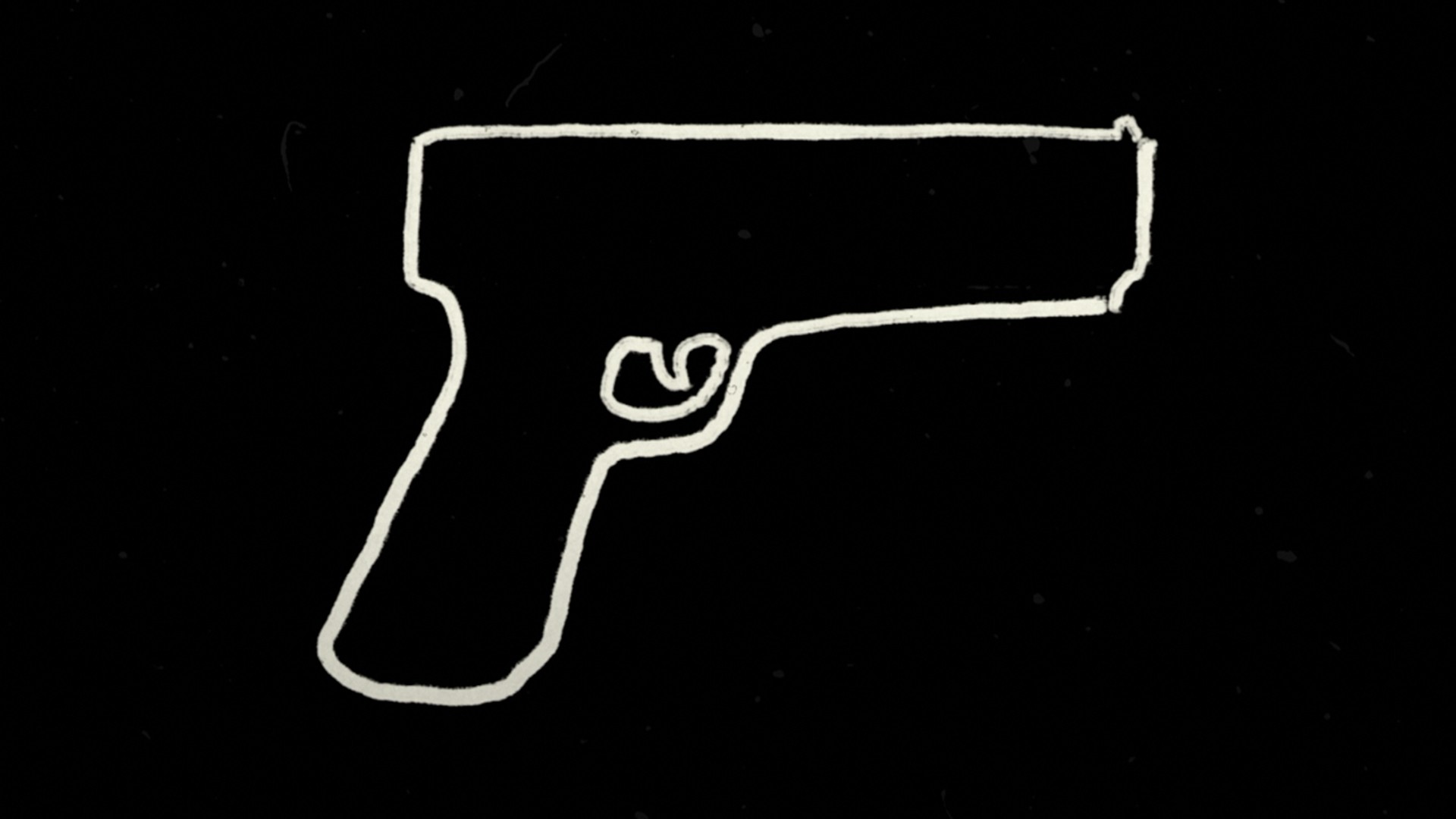Photo courtesy the author. Image by Lia Kantrowitz
This article is part of the Voices of School Shooting Survivors project, a series by VICE.com intended to shine a light on victims of school shootings across the country.On December 14, 2012, a gunman killed 20 children and six adult staff members at Sandy Hook Elementary School in Newtown, Connecticut. Kelly Terifay was in the fourth grade at the time.My name is Kelly Terifay, and I live in Sandy Hook, Connecticut. I was a nine-year-old fourth grader when I survived the Sandy Hook Elementary shooting on December 14, 2012, or 12/14 as we locals refer to it. There is really no way to describe what it is like when your world is changed forever in this way, but I will say it lasts longer than the event, longer than the days and weeks that it stays in the national news. But attempting to give people a glimpse of life in the aftermath of a tragedy like this is my way of getting people to try and stop the next one from happening. Life changes forever. Here are some of the ways:
- The two words that will best describe your life are "surreal" and "bittersweet."
- In the days immediately after, the media is absolutely everywhere. A drive through Sandy Hook Center would take all of five minutes on a normal day. During the weeks following the shooting, it could take 45 minutes to drive three miles to a funeral.
- Media trucks are parked up and down the streets, leaving no room for people who live in the town. Reporters try to interview everyone they see. To this day, most people I know still have a strong physical reaction to the sight of any media vehicles in town.
- You find reporters driving to your house and coming to your door after you have unplugged your phone from the endless calls. You might even find a reporter going through your lawn to your kitchen window and speaking with your 7-year-old brother through the window.
- There are cameras in your face constantly until they become tired and find something else. Pictures from that day are still the first things that come up when you search my name.
- Thousands of people will flock to your tiny town, creating memorials everywhere you look. At your school, on the sidewalks. The site and your town become tourist attractions.

- You begin to explore survivors guilt. Why them and not you? It never goes away.
- You will start searching for signs from the angels everywhere.
- Your house becomes cluttered with memorabilia and cards of support.
- The first year, your town can think of nothing but remembering and honoring the lost. Twenty times during that first year, our town celebrated birthdays of children who would be turning seven or eight years old by putting up balloons of that child’s favorite colors, and doing whatever their family requested to remember them.
- There are constant fundraisers and events for charities of the victims. It is beautiful, but so sad and overwhelming.
- A constant stream of celebrity authors, musicians, and actors make you feel like you are in the Make-A-Wish foundation.
- People can become almost jealous, in a sick way, if they feel left out of it.
- You dread telling people where you’re from. When you do, their reaction is shock, sadness, pity, or morbid curiosity.
- You get your hopes up that this will spark change, but the lawmakers will stomp out that spark. And you are left with the same hopelessness.
- Your town will develop a slogan. Saying things like #WeAreNewtown feels at first like strength and solidarity, but sometimes just like commercialized branding.
- It becomes difficult to decipher what is sincere and what is to get attention.
- Every time there is another mass tragedy, people come back to see your reaction.
- You will replay your last moments, days, and conversations with those who were lost over and over. You will wish your last words could have been more.
- It can bring people together, but it can also push people away.
- You feel guilty any time you're happy.
- You think people will be so saddened by the news they would never let this happen again. But then it does, again and again.
- You feel confused about what to call it. Sandy Hook erases the actual place, 12/14 feels impersonal, "the shooting" sounds too forward.
- Rather than believe something bad could happen in their great country, people come up with conspiracies. It is cruel and terrifying. Hoaxers say these people never existed, or that this was planned. These allegations make it even harder for survivors and families to grieve. I have found entire websites and social media accounts dedicated to proving my friends and I are all just actors.
- PTSD will show up in all different ways in different people. (Example: I have a serious reaction to seeing or hearing about blood.)
- Going back to school has pros and cons. You are all able to heal together, but there isn’t anyone there who wasn’t affected. All of the counselors and teachers are just as scared as the students.
- You think about the friends you lost every single day. You think about their families every single day.
- Writing things like this will take time and tears, and bring back memories you had buried away. But it will be worth it to make your voice heard.
